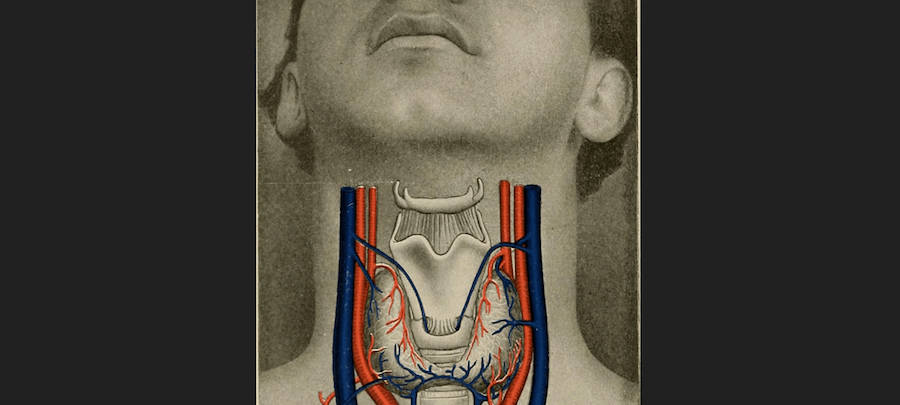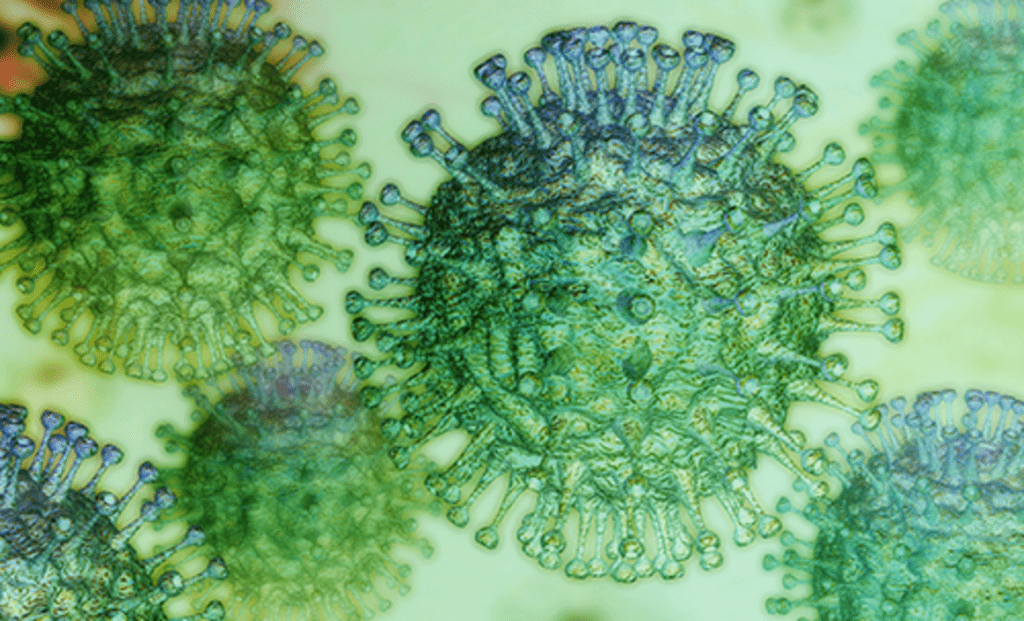Understanding thyroid issues

Thyroid issues are among the most common problems seen in clinical practice, and by some measures, is approaching epidemic levels. In part this phenomena is related to improved early diagnosis, but in some respects it is also related to over-diagnosis, especially in the sense that medical diagnosis often leads to drug treatment and a resultant dependency on pharmaceuticals.
Most thyroid issues are hypothyroid, or an under-functioning thyroid, and most of these are diagnosed as Hashimoto’s thyroiditis. Among hyperthyroid issues, or an over-functioning thyroid, the most common diagnosis is Grave’s disease. While these diseases in some respect couldn’t be more different, they are both caused by autoimmune factors, when the immune system attacks the thyroid. In Hashimoto’s thyroiditis the immune system damages and impairs the thyroid, whereas in Grave’s disease, the immune system overstimulates its activities.
While Hashimoto’s and Grave’s are both clearly described autoimmune diseases, it doesn’t mean that modern medicine is all that effective at treating them, especially considering that the ultimate cause of autoimmune disease is “idiopathic”, or unknown. Treatments for both conditions tend to be very powerful and and suppressive in nature, often causing further damage to the body, and in the case of hypothyroidism, results in a drug dependency.
The thyroid is a complex organ, not so much because the gland itself is overly complicated, but because it’s function is tied into the broader system of homeostatic balance. This system involves elements of every body system, including the function of the other endocrine glands, as well as the activities of digestion, circulation, metabolism, nervous activity, and immune function. In the following video, medical herbalist Todd Caldecott spends some time talking about autoimmune issues in hypothyroidism, but also reviews several other factors that are important in restoring thyroid activity, including diet and nutrition.






